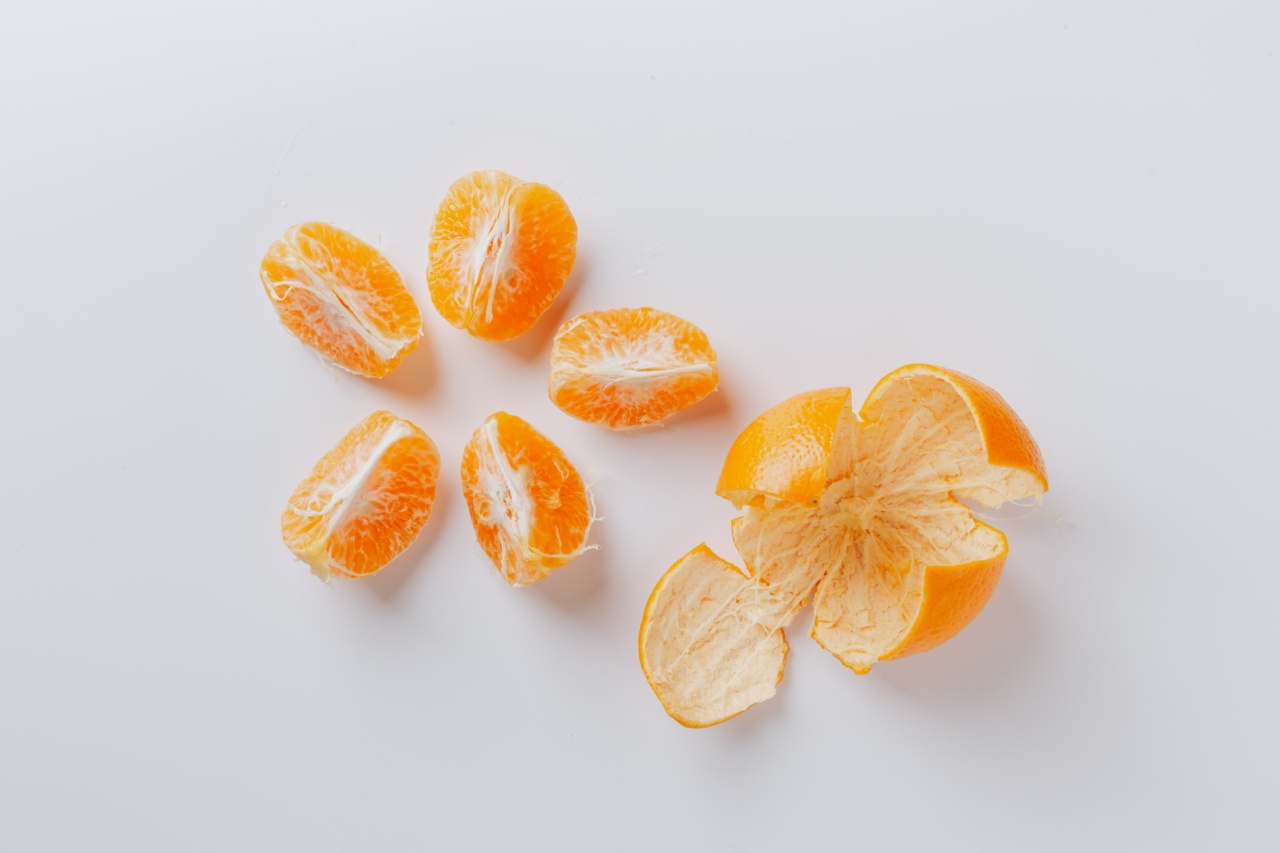Your skin is the largest organ of your body and plays a vital role in protecting you from external factors like bacteria and harmful UV rays. Having healthy and glowing skin not only enhances your appearance but also indicates overall well-being.
The Link Between Diet and Skin Health
While there are numerous skincare products available in the market, the importance of a healthy diet should not be underestimated. The saying “you are what you eat” holds true when it comes to your skin.
The food you consume directly impacts the health and appearance of your skin.
Here are some dietary tips and tricks that can help you achieve that coveted glowing skin:.
1. Hydrate, Hydrate, Hydrate
Drinking an adequate amount of water is vital for keeping your skin hydrated. Water helps in flushing out toxins from your body and promotes healthy skin cell regeneration.
Aim to drink at least 8 glasses of water every day to maintain optimal skin hydration.
2. Load Up on Antioxidants
Antioxidants are essential for protecting your skin from free radical damage. Include a variety of fruits and vegetables in your diet, such as berries, citrus fruits, leafy greens, and bell peppers.
These foods are rich in antioxidants like vitamins A, C, and E, which help maintain youthful and radiant skin.
3. Healthy Fats for Healthy Skin
Consuming healthy fats is crucial for maintaining supple and moisturized skin. Include sources of omega-3 fatty acids in your diet, such as fatty fish like salmon, walnuts, chia seeds, and flaxseeds.
These fats help to reduce inflammation, keep your skin plump, and decrease the appearance of wrinkles.
4. Choose Whole Grains
Refined carbohydrates, such as white bread and pasta, can cause a spike in blood sugar levels, leading to inflammation and acne breakouts.
Opt for whole grains like quinoa, brown rice, and whole wheat bread, which are rich in fiber and have a lower glycemic index. Whole grains help maintain stable blood sugar levels and promote healthier skin.
5. Don’t Forget Your Protein
Proteins are the building blocks of your skin. Include lean sources of protein in your diet, such as chicken, fish, tofu, and legumes.
Protein helps in repairing damaged skin tissues and promotes collagen production, which is essential for maintaining skin elasticity and preventing premature aging.
6. The Power of Vitamins and Minerals
Vitamins and minerals are crucial for healthy skin. Include foods rich in vitamin A, like sweet potatoes and carrots, which promote skin cell turnover.
Foods high in zinc, such as oysters and pumpkin seeds, help in controlling oil production and reducing acne. Incorporate selenium-rich foods like Brazil nuts and whole grains, as selenium helps protect your skin from sun damage.
7. Say No to Sugar
A high intake of sugar can lead to increased inflammation, collagen breakdown, and accelerated aging of the skin. Limit your consumption of sugary foods and beverages, and opt for natural sweeteners like honey or stevia when necessary.
8. Herbal Teas for Healthy Skin
Swap your regular cup of coffee or black tea with herbal teas like green tea, chamomile tea, or dandelion tea. These teas are rich in antioxidants and have anti-inflammatory properties, helping to promote healthier skin from within.
9. Avoid Processed and Fried Foods
Processed and fried foods are often high in unhealthy fats, artificial additives, and preservatives that can harm your skin.
Opt for healthier cooking methods like grilling, baking, or steaming, and focus on consuming whole, unprocessed foods for a youthful glow.
10. Get Your Beauty Sleep
No skincare routine is complete without sufficient sleep. While you sleep, your body goes into repair and regeneration mode. Lack of sleep can lead to dark circles, dull skin, and increased signs of aging.
Aim for 7-9 hours of quality sleep every night to allow your skin to rejuvenate and glow.
Conclusion
Achieving glowing skin goes beyond expensive creams and serums. By incorporating these dietary tips into your daily routine, you can nourish your skin from the inside out.
Remember, it’s not just about what you put on your skin but also what you put inside your body that contributes to the overall health and radiance of your skin.






























